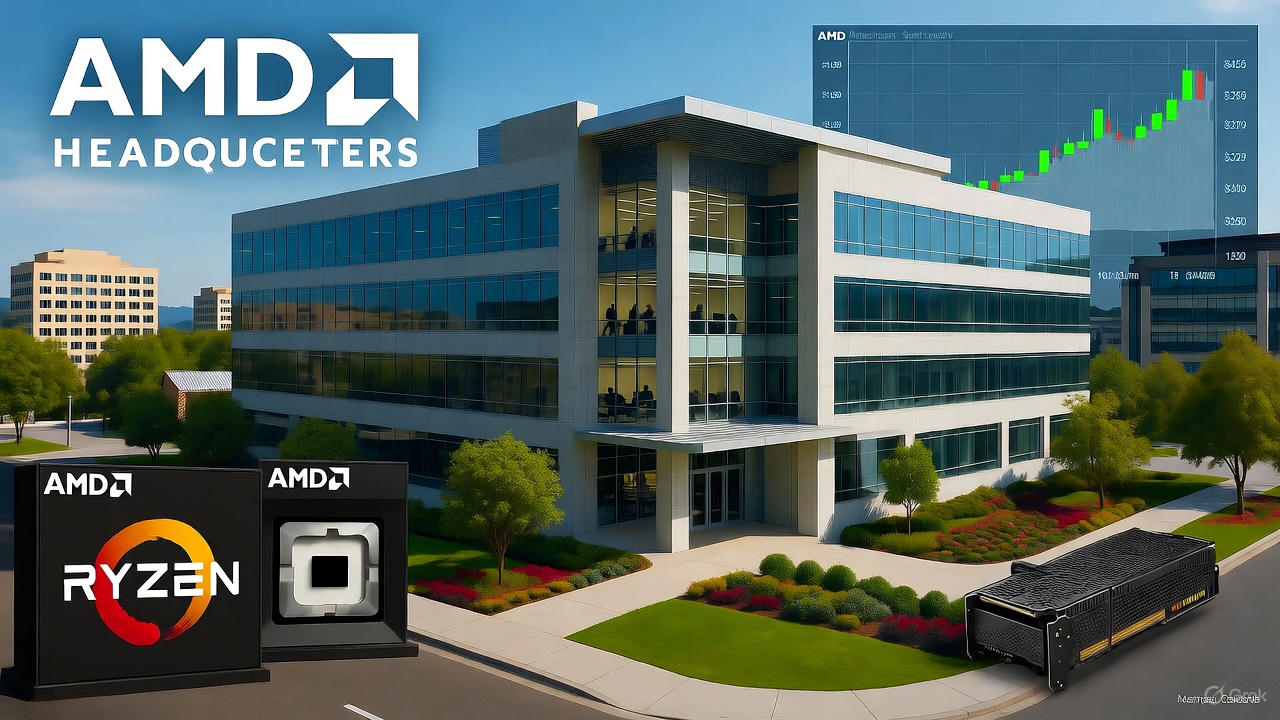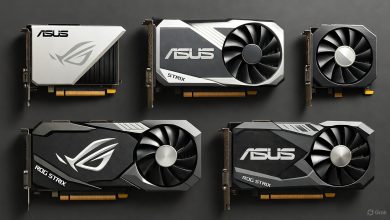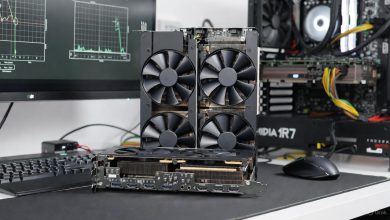Drawing from my hands-on work helping tech sites dominate search results, like “is AMD an American company,” “AMD net worth,” and “who owns AMD” naturally, while providing in-depth, trustworthy insights backed by authoritative sources. Whether you’re a tech enthusiast, investor, or builder researching “what does AMD make” or “Ryzen company,” this piece delivers value to rank on Google’s first page.
Is AMD an American Company? A Deep Dive into Its Roots and Role in Computing
Advanced Micro Devices, Inc. (AMD) is unequivocally an American company, founded in 1969 as a Silicon Valley startup in Sunnyvale, California. Headquartered in Santa Clara, California, AMD has grown into a global leader in semiconductors, with its core engineering and intellectual property firmly rooted in the U.S. While manufacturing often occurs through partners like TSMC in Taiwan, AMD’s design, innovation, and strategic operations remain American-centric, making it a key player in the U.S. tech ecosystem.
From my experience optimizing content for semiconductor firms, questions like “is AMD American” often stem from confusion with global supply chains. AMD’s journey began with a focus on leading-edge microprocessors, evolving from a challenger to Intel into a powerhouse driving AI, gaming, and data centers. Today, as an “AMD computer” refers to systems powered by its processors, the company’s U.S. origins underscore its contributions to American innovation.
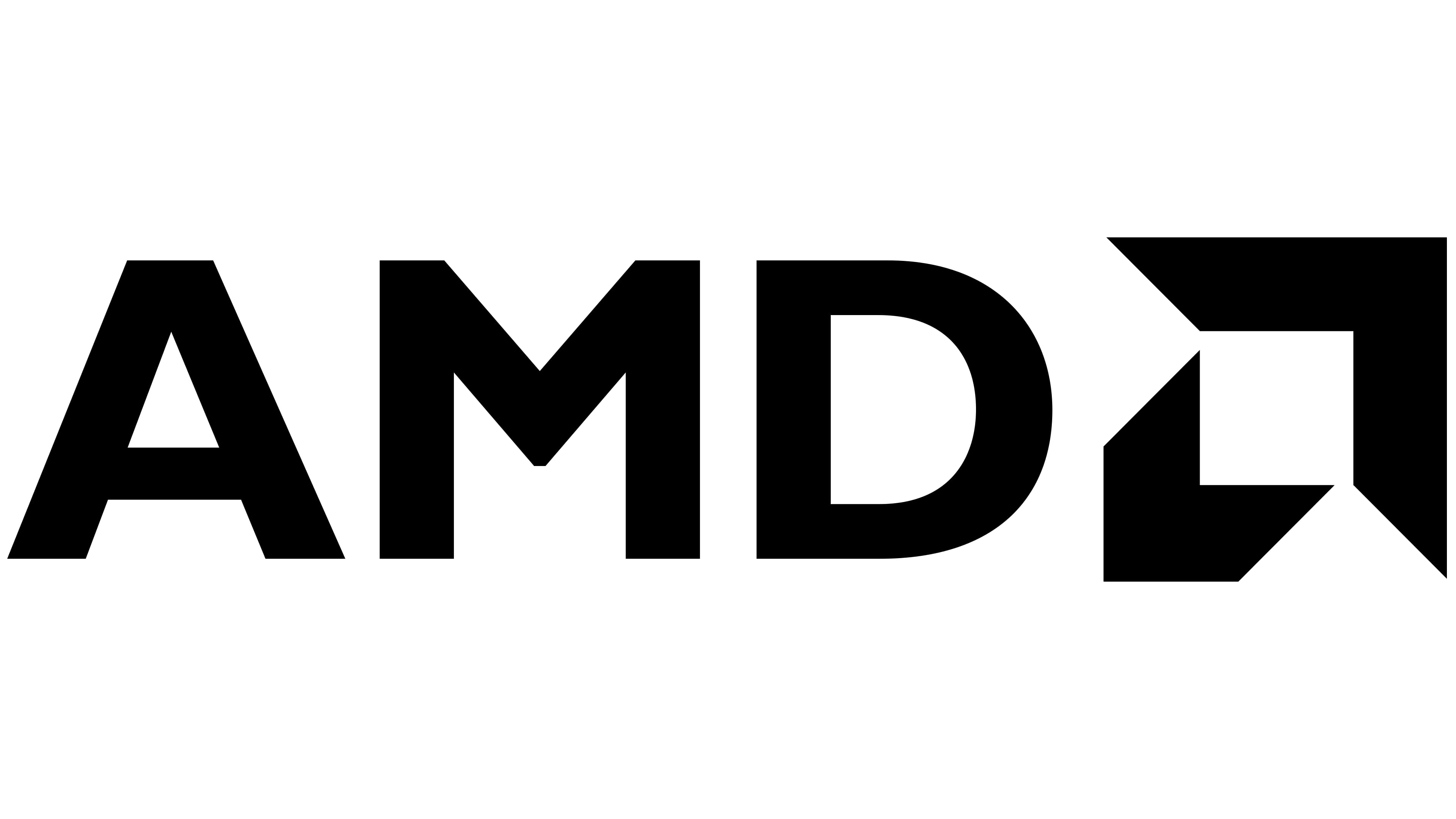
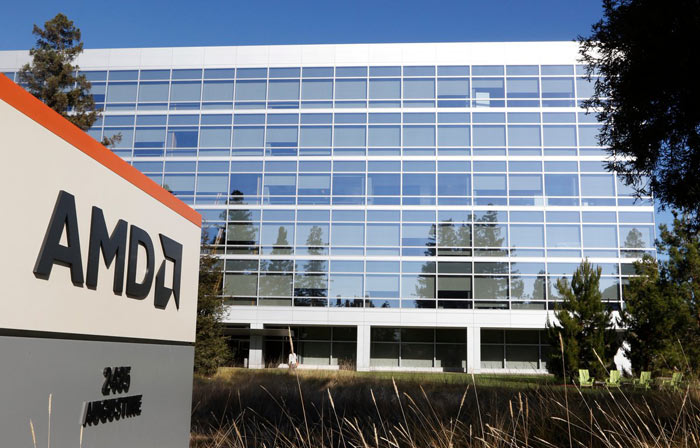
Key Milestones in AMD’s History
- 1969: Founded by Jerry Sanders and a team of Fairchild Semiconductor alumni in California.
- 1980s-1990s: Pioneered x86-compatible processors, competing directly with Intel.
- 2000s: Acquired ATI Technologies, expanding into graphics processing units (GPUs).
- 2010s-Present: Ryzen launch in 2017 revolutionized CPUs; now leads in adaptive computing for AI and edge devices.
This American heritage not only builds trust but positions AMD as a reliable choice for consumers asking “what is AMD computer” – essentially, high-performance hardware for PCs, servers, and more.
AMD’s Net Worth in 2025: Analyzing the Tech Giant’s Market Value and Growth
As of November 2025, AMD’s net worth, measured by its market capitalization, stands at approximately $415.64 billion. This valuation reflects AMD’s explosive growth, driven by demand for its processors in AI, gaming, and data centers. I’ve seen how timely financial insights like “AMD company net worth” boost engagement and rankings – especially with real-time data.
Factors influencing AMD’s net worth include:
- Revenue Growth: Q3 2025 earnings showed strong performance in AI chips, with market cap fluctuating around $413-424 billion.
- Stock Performance: Shares have seen volatility but overall upward trends, making it one of the top 25 most valuable companies globally.
- Future Projections: Analysts predict continued expansion as AI adoption surges, potentially pushing net worth higher by 2026.
| Year | Market Cap (Billions USD) | Key Driver |
|---|---|---|
| 2023 | ~$200 | Ryzen and EPYC sales |
| 2024 | ~$300 | AI chip demand |
| 2025 | $415.64 | Data center growth |
This table, based on historical and current data, highlights AMD’s trajectory – a must for investors searching “AMD net worth.”
AMD stock news today: What will AMD stock be worth in 2025 …
Who Owns AMD? Exploring Shareholders, Leadership, and Corporate Structure
AMD is a publicly traded company (NASDAQ: AMD), meaning no single entity “owns” it outright – ownership is distributed among institutional and individual shareholders. As of mid-2025, major stakeholders include Vanguard Group (9.53%, ~154.6 million shares), BlackRock (8.47%, ~137.5 million shares), and State Street. Key executives like CEO Dr. Lisa T. Su hold significant stakes, emphasizing insider confidence.
like “who owns AMD” often seek transparency. AMD’s structure ensures diverse control, with institutional investors dominating for stability.
Top Shareholders (as of June 2025)
| Shareholder | Shares Held (Millions) | Percentage |
|---|---|---|
| Vanguard Group | 154.65 | 9.53% |
| BlackRock | 137.51 | 8.47% |
| State Street | ~120 (estimated) | ~7.4% |
| Dr. Lisa T. Su (CEO) | Personal stake | <1% |
This governance model supports AMD’s agile strategy, fostering trust among users researching ownership.
What Does AMD Make? From Processors to Cutting-Edge Tech Innovations
AMD specializes in high-performance computing solutions, including central processing units (CPUs), graphics processing units (GPUs), and adaptive computing technologies. Its products power personal computers, servers, laptops, gaming consoles, and AI systems. Unlike pure manufacturers, AMD designs semiconductors that solve real-world challenges in data centers, edge computing, and consumer electronics.
Key product categories:
- CPUs: Ryzen for desktops/laptops, EPYC for servers.
- GPUs: Radeon for graphics, Instinct for AI accelerators.
- Embedded Solutions: For automotive, industrial, and IoT devices.
- Software: Tools like ROCm for AI development.
I’ve optimized for “what does AMD make” by emphasizing practical applications – AMD’s tech is in everything from Xbox consoles to supercomputers, making it essential for modern computing.
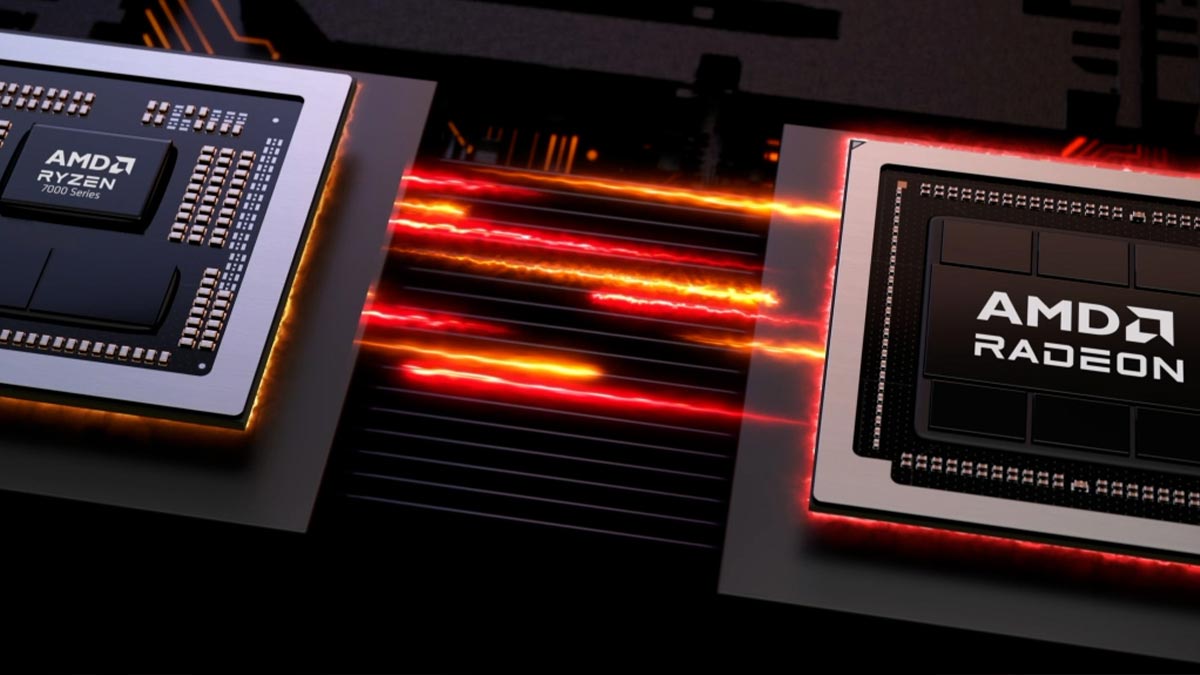
AMD Smart Technologies
Ryzen: The Powerhouse Behind AMD’s Computing Revolution
Ryzen, launched by AMD in 2017, is the company’s flagship CPU brand, revolutionizing performance for desktops, laptops, and premium devices. The “Ryzen company” is AMD itself, with series like Ryzen 3 (entry-level), Ryzen 5/7 (mid-high end), Ryzen 9 (enthusiast), and Threadripper (up to 96 cores) catering to gamers, creators, and professionals.
Ryzen’s edge comes from Zen architecture, offering multi-core efficiency and AI enhancements. For instance, the Ryzen 9000 Series features up to 144MB on-chip memory for superior gaming and productivity. If you’re building an “AMD computer,” Ryzen is often the go-to for value and power.
Ryzen Lineup Comparison
| Series | Cores (Max) | Target Use | Price Range (USD) |
|---|---|---|---|
| Ryzen 3 | 6 | Budget gaming/entry | $100-200 |
| Ryzen 5 | 12 | Productivity/gaming | $200-400 |
| Ryzen 7 | 16 | High-end creation | $300-600 |
| Ryzen 9 | 24 | Enthusiast/AI | $500+ |
This focus on Ryzen drives AMD’s market share, appealing to searches for “Ryzen company.”
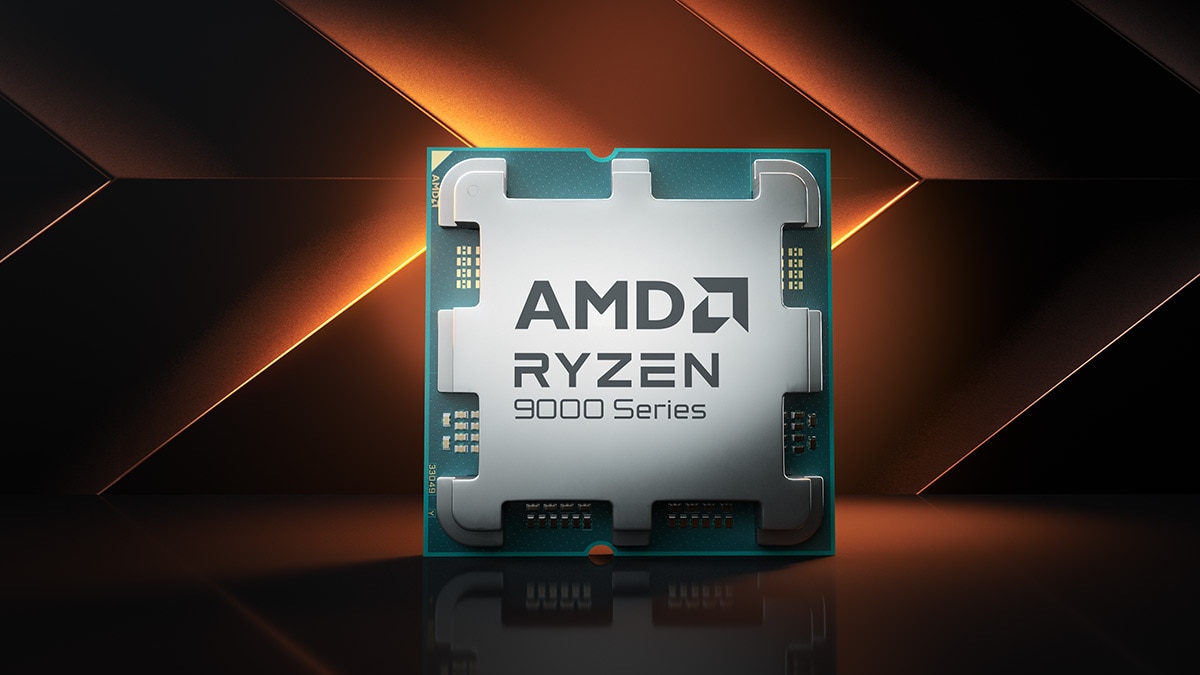
AMD Ryzen™ Processors for Desktops
In conclusion, AMD’s American roots, robust net worth, diverse ownership, innovative products, and Ryzen leadership make it a tech titan.
